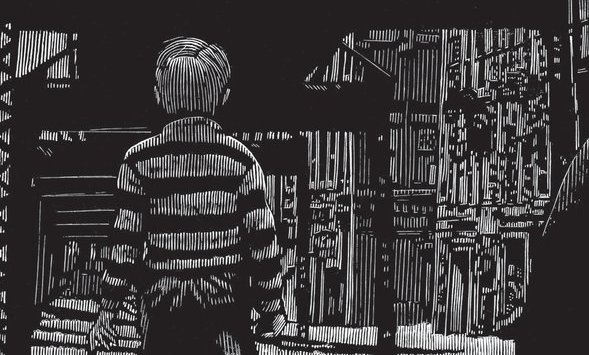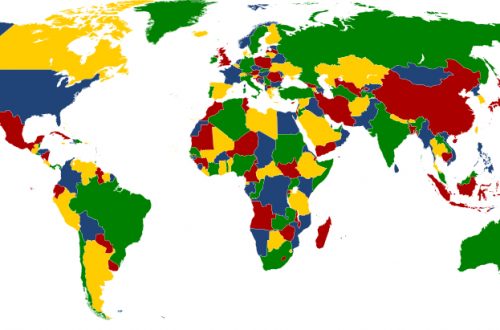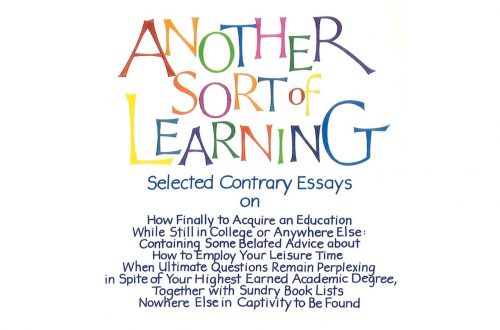Summer moths collect still at the windows.
from “The Gods Who Come Among Us in the Guise of Strangers,” Paul Mariani
Then leaves & winter ice. Then summer moths
again.
For me, when I’m really in a poem, it’s the same as being in the middle of a prayer. It really is. That doesn’t necessarily mean that all the poems are going to be religious poems, except maybe in some very, very deep sense. They could deal with a landscape. They could deal with the dog. They could deal with my grandchildren … But what I’m trying to do is go deeper into reality. It’s not just the surface, clearly. And you know what? The thing is, when you go down there, suddenly you notice that God is looking at you, you know? And he’s been waiting there.
Paul Mariani, 2012 Interview with Brendan Rapple
Paul Mariani is an American poet and scholar. He has published numerous essays on poetry; literary biographies of Hart Crane, Robert Lowell, John Berryman, William Carlos Williams, Gerard Manley Hopkins and (most recently) Wallace Stevens; seven books of his own poetry; and even a memoir on Ignatian spirituality.
In Epitaphs for the Journey Mariani undertakes to select, arrange, and revise many of his former poems (with some new poems as well) in something of a poet’s Confessions in the tradition of St. Augustine. Epitaphs is arranged as eight sets of twelve poems each. Beginning with poetic encounters from Mariani’s boyhood in New York City, the poems follow his career as a teacher, life as a husband and father, and passage from youth to old age.
The poems’ subjects include childhood memories (“So much to do, the father’s hands say. So much to care / for, so much to fix”), his wife’s miscarriages early in their marriage (“It was then, driving back in the dark alone / that I first began to understand the cost of loving”), and encounters in Europe (“Laura, Eileen, myself, moon-eyed New World pilgrims”). A surprising number of poems are set in the car, recounting conversations had or overheard. And there is much in his poetry of fathers and sons, of generations coming into being and passing away, and of the sacred mystery of it all.
Mariani’s academic sensibilities, classical and literary allusions, and Christian spiritual insight mix with the language of his working-class upbringing to give the poetry weight, substance, and integrity.
The collection is illustrated with three of Barry Moser’s woodblock prints. Similar to the poems, the images interpret the flow of Mariani’s life and experience in the world.
Hear Paul Mariani on “Poetry: The Language of Human Longing” at the New York Encounter. The lecture is free and open to the public, Saturday, February 16th at 7:15 PM in the Metropolitan Pavilion (125 West 18th St., NYC).





